Migrants in Britain face daily grind of misery and forced labour
The death of 39 migrants in Britain has been universally described as a human tragedy. The deaths have brought the UK’s increasingly tough immigration laws into sharp relief and raised questions about Britain’s commitment to human rights.
The 39 people who perished are believed to be mostly Chinese nationals but emerging reports indicate that a few Vietnamese nationals may have been amongst them.
The bodies of the dead – which included a teenager and 38 adults – were found in a lorry trailer in Essex.
As The Independent reported on October 24 the tragedy has brought back memories of an even bigger tragedy more than 19 years ago when 58 migrants – all Chinese nationals – were found dead in a lorry in Dover.
That incident in June 2000 provoked some soul searching amongst the British elites about the country’s tough attitude to immigration, which was forcing desperate people to seek out even more desperate measures to reach Britain’s shores.
But the soul searching proved short-lived, as evidenced by Britain’s increasingly strict immigration laws, which make it extremely difficult for ordinary people to reach Britain safely.
These immigration laws are set to get tougher still in the years ahead as Britain finally leaves the European Union and adopts increasingly isolationist policies both in terms of internal affairs and foreign policy.
The investigation into the Dover tragedy, nearly two decades ago, revealed a web of criminal connections beginning in China and stretching to Turkey, Holland and onward to Britain.
A similar web of cross-border organized crime, trading in human misery, is likely to be uncovered as the investigation into the latest tragedy gathers pace.
Whilst human traffickers – and those trading in human misery generally – are clearly beyond the pale, tough questions need to be asked about the role and attitude of the British government in this seemingly unstoppable cycle of human misery.
For whilst the death of 39 migrants in a freezing lorry is a headline grabber, what is missed in this sordid story is the day to day lives of hundreds of thousands of legal and illegal migrants in Britain who suffer abuse and indignity on a daily basis.
Modern slavery is flourishing in the UK and it is mostly serviced by migrants. Hardly a month goes by without a story emerging of migrants coerced into working for free, or failing that, for meagre wages.
In a typical story, The Sun reported on April 26 that a Romanian family had forced labourers to live in squalor while exploiting them as slaves.
When the police finally raided a three-bed terraced house in Barking, East London, they found 31 foreign slaves cowering in fear.
Highlighting the scale of the problem, the Financial Times reported on July 26, 2018, that about 5,000 potential victims of “modern-day slavery and human trafficking” were referred to the UK government in 2017.
According to the National Crime Agency (the UK’s lead specialist agency against organized crime), as reported by the Financial Times, the figures for 2017 represented a 35 percent increase in referrals on the previous year.
Forced labour and slavery are clearly on the rise in Britain. Even establishment stalwarts in the mould of the British Broadcasting Corporation (BBC) have been forced to admit the growing scale of the problem and the human devastation it leaves in its wake.
The BBC reported on October 18 that there has been an eightfold increase in the number of child victims of modern slavery referred by local councils in England. However, it is not clear from the facts and figures what percentage of these were the children of migrants.
Forced prostitution is another major problem causing misery and mayhem amongst Britain’s migrant communities.
In its contemporary form, the problem is believed to have started in the early 2000s’ as East Europeans gained easier access to the UK. The Guardian reported as early as November 02, 2005, that “thousands” of East European women were being kept as “sex slaves” in British brothels.
Fourteen years later, The Guardian reported on October 25, 2019, that Vietnamese women were lured into prostitution by Britain’s proliferating high street nail bars.
Hitherto, repeated human tragedies have failed to rouse the British authorities to take decisive action against the vast organised crime networks, which force migrants into a wide range of forced and slave labour, from car washes to prostitution.
Cynics might argue that the authorities turn a blind eye to the problem as forced and slave labour help to keep the British economy afloat.
By Rupert Cansell, Investigative Journalist
Activists announce 'Freedom and Sumud Flotilla' to challenge Gaza blockade
VIDEO | Rome residents demand end to ties with Israeli firms
VIDEO | Pakistan Senate condemns ‘hexagon of alliances’ as Indian PM visits Israel
VIDEO | Founder of French pro-Palestine NGO appears before court
VIDEO | Modi’s Israel visit sparks opposition, domestic backlash
VIDEO | Continuous war on media in occupied West Bank
Kabul rocked by explosions as Pakistan launches airstrikes
Iran Armed Forces warn US of severe consequences for any aggression


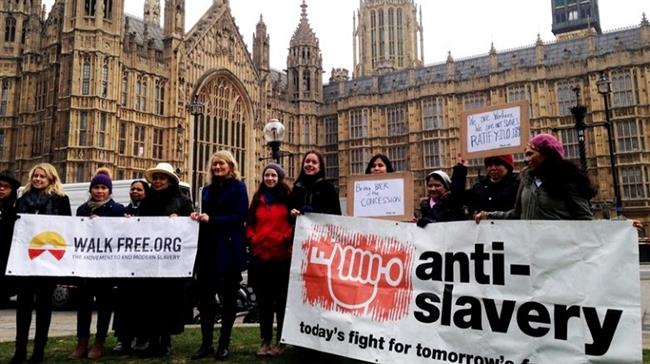
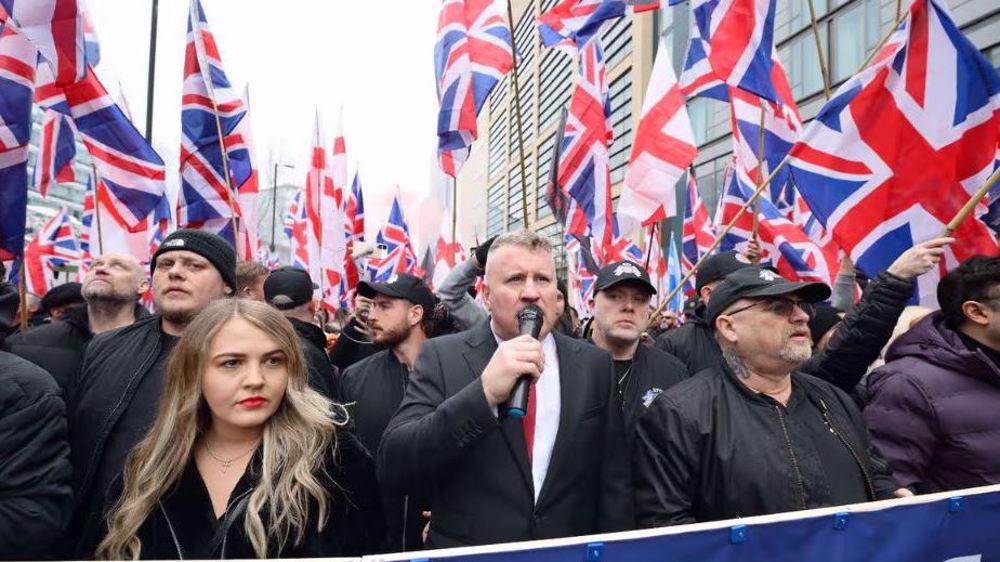
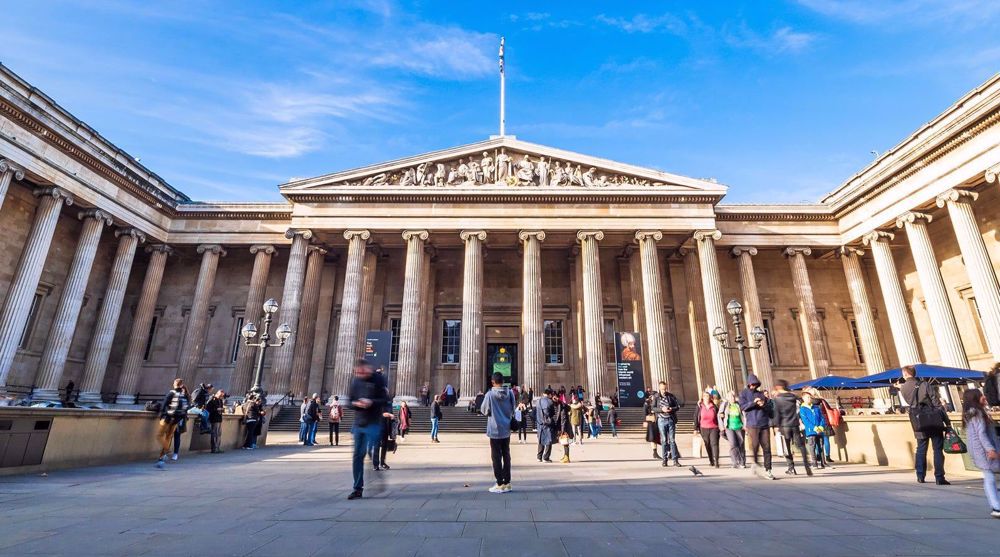




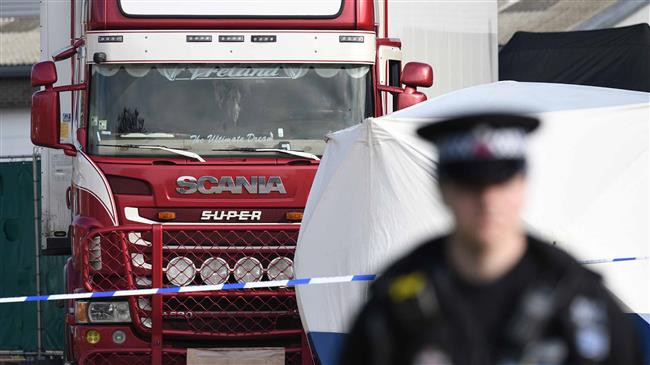

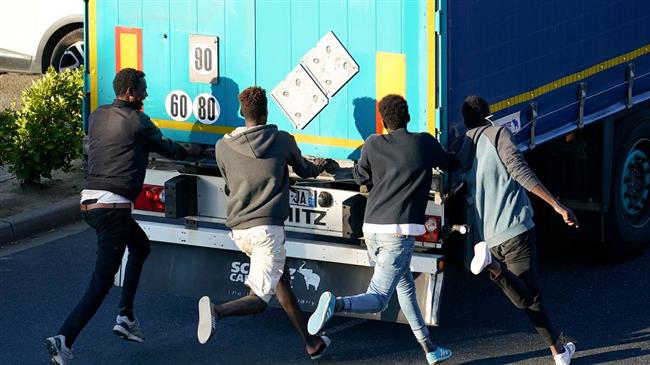

 This makes it easy to access the Press TV website
This makes it easy to access the Press TV website